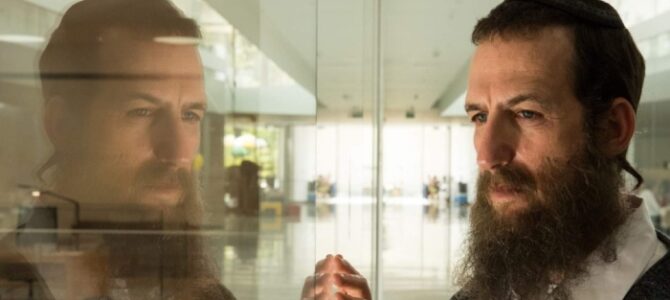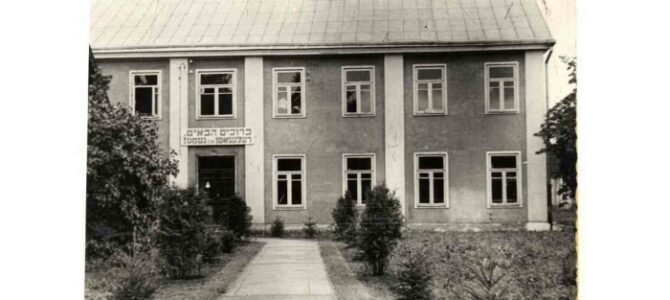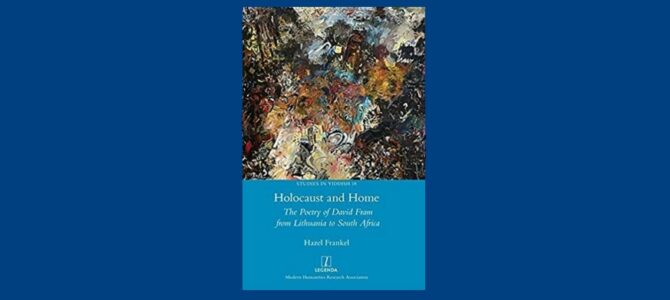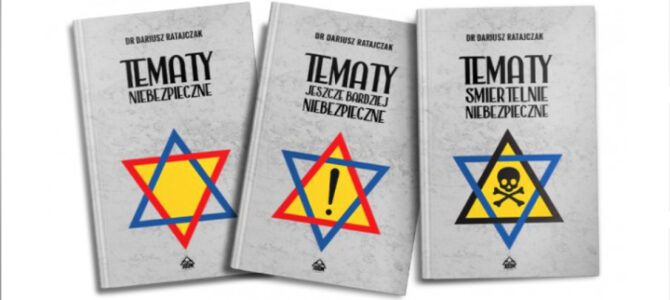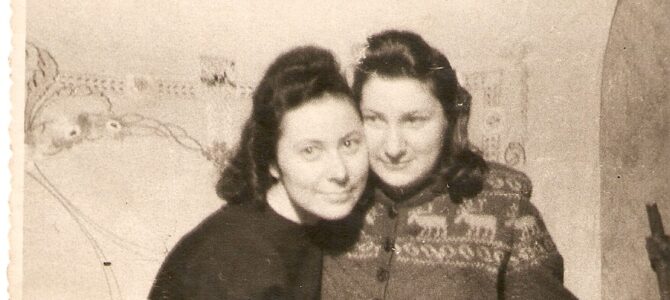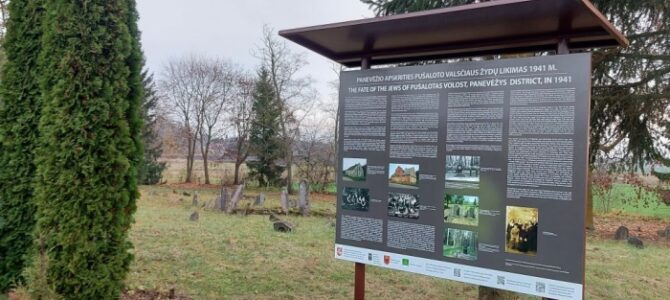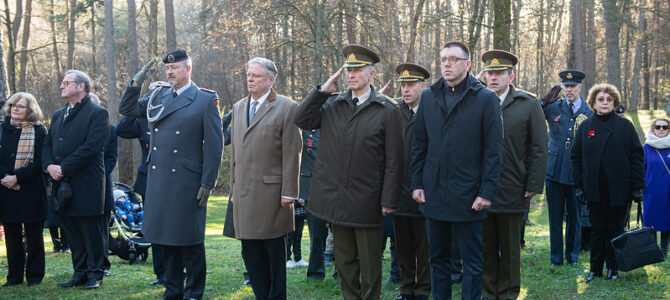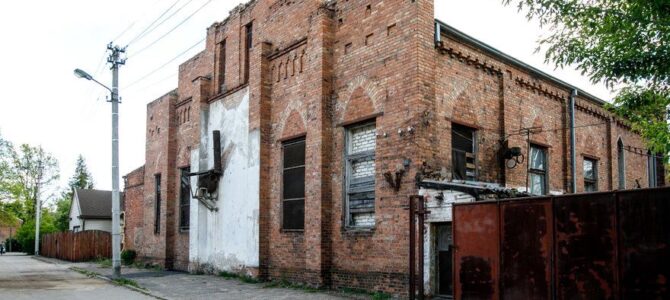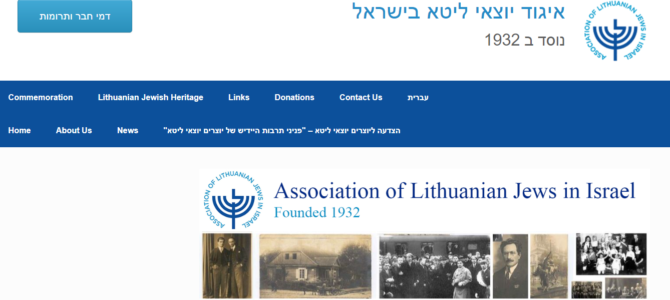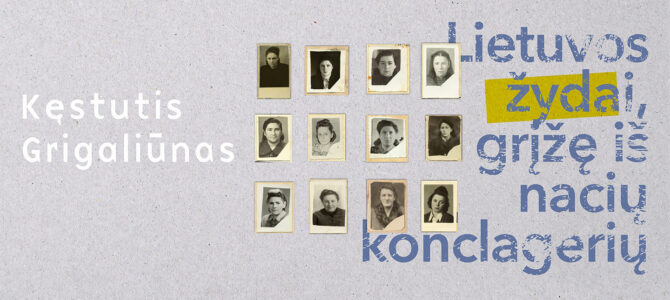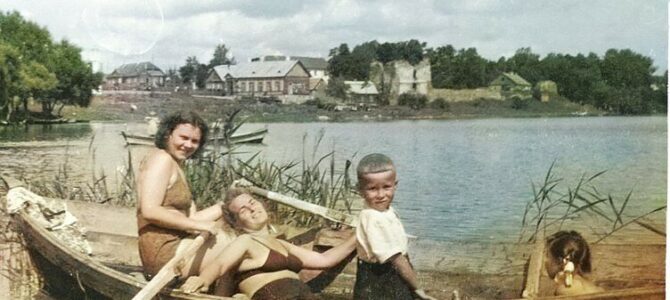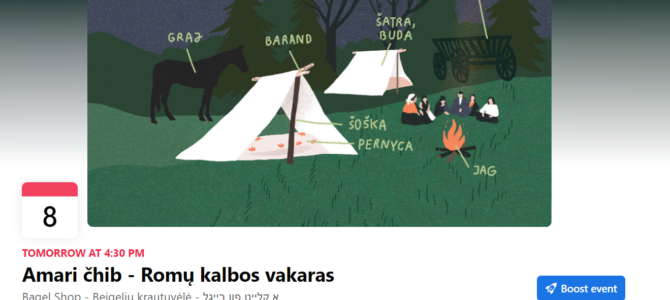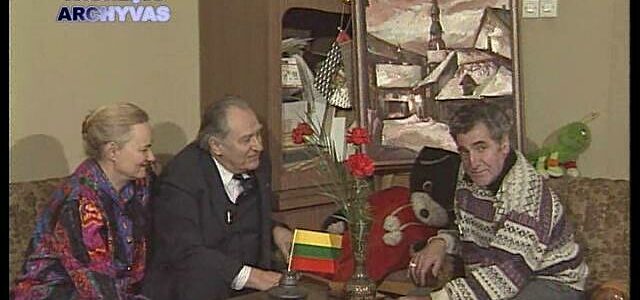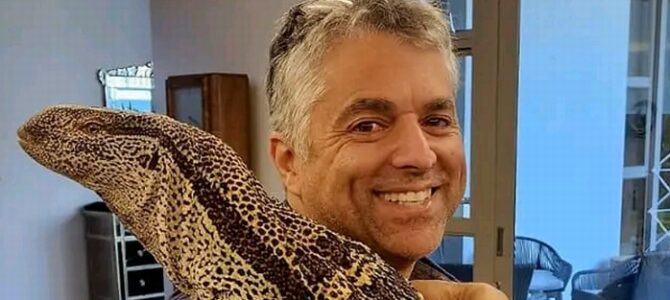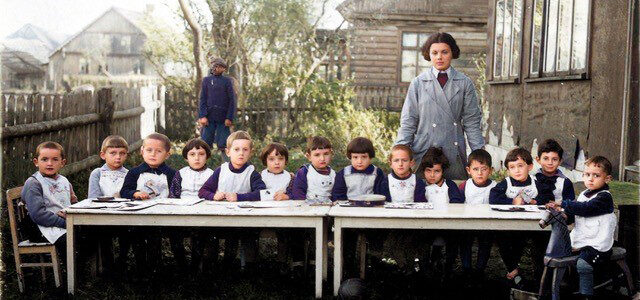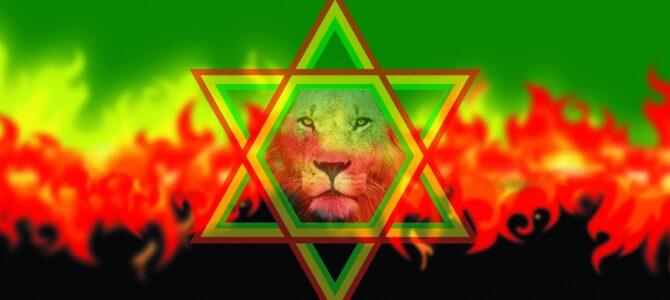The Vilnius Jewish Public Library will screen the Israeli film Testament (2017) at 6:00 P.M. on Thursday, December 1. The library is located at Gedimino prospect no. 24 in Vilnius. The film is in Hebrew with Lithuanian subtitles.
The film won a special prize in the Horizons program at the Venice film festival in 2017, and was awarded first prize for best film at the Haifa film festival.
The screening is free and open to the public, but prior registration is requested by sending an e-mail to vzvbvjpl@gmail.com or by calling 8 604 15 765.
According to imdb:
“Yoel, a meticulous historian leading a significant debate against Holocaust deniers, discovers that his mother carries a false identity. A mystery about a man who is willing to risk everything to discover the truth.”
The screenplay is loosely based on a true story about the mass murder of Jews at a specific location near the end of World War II. It becomes personal for Holocaust researcher Yoel when he discovers his mother’s testimony among the others. Encompassed by the silence of his mother regarding her life on the one hand and the silence of Holocaust deniers on the other, Yoel decides to press on with his duty to find and reveal the truth, no matter at what cost to his professional and personal life.


